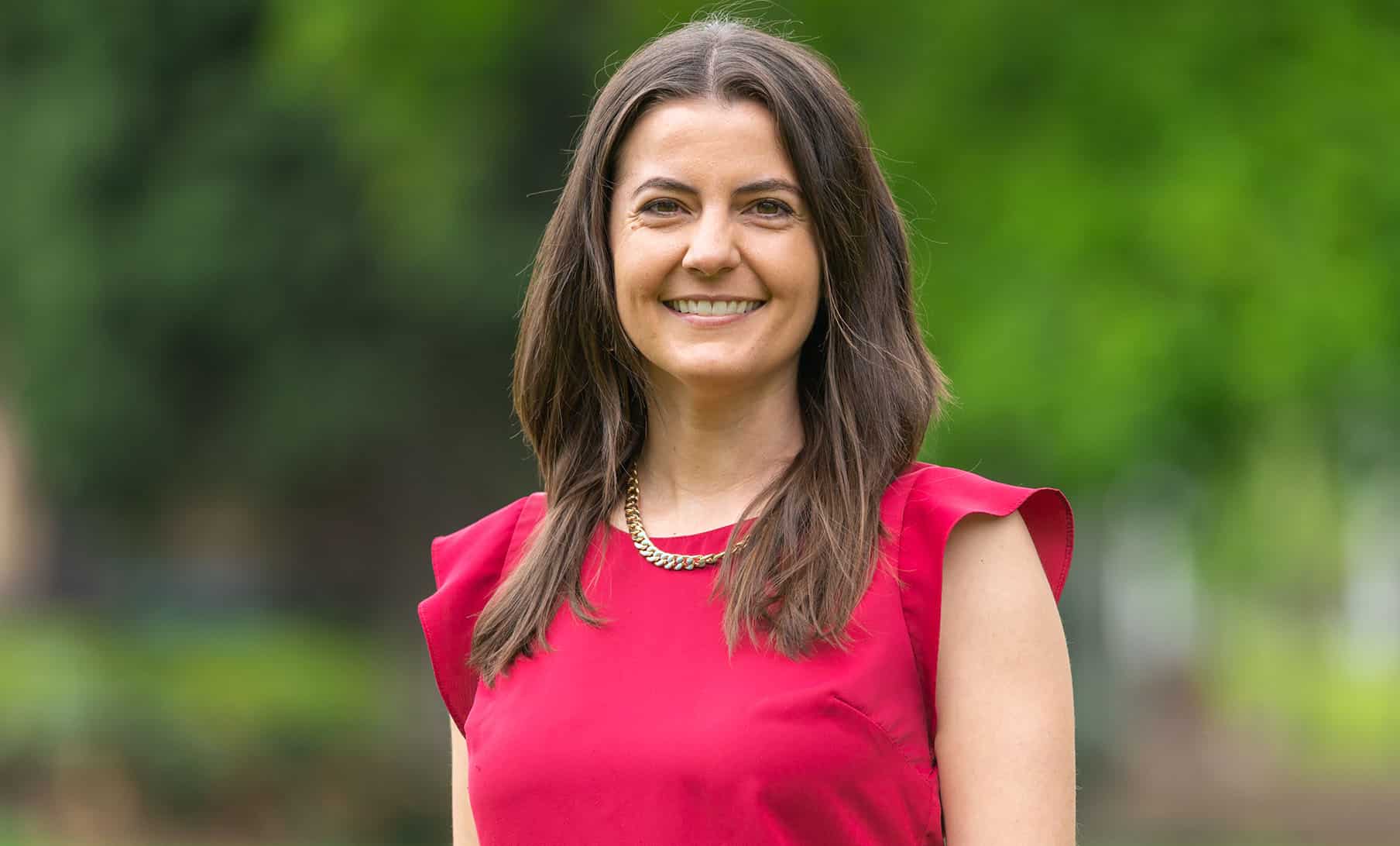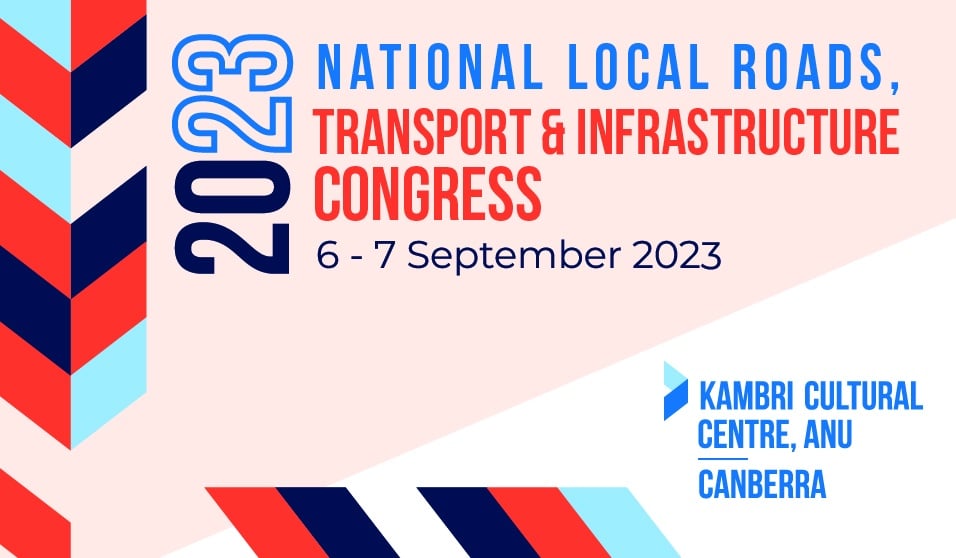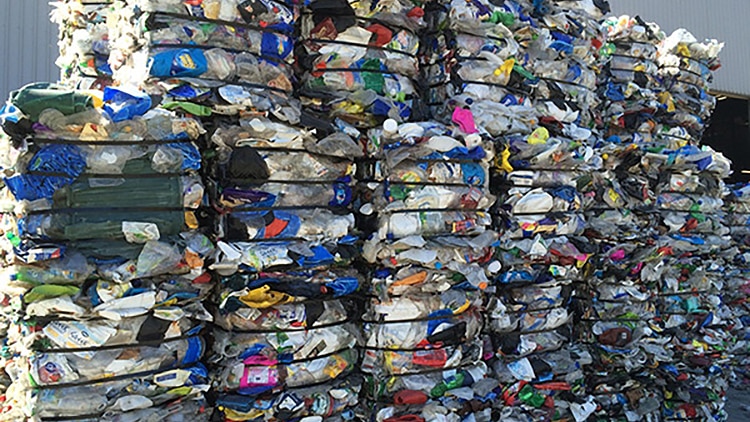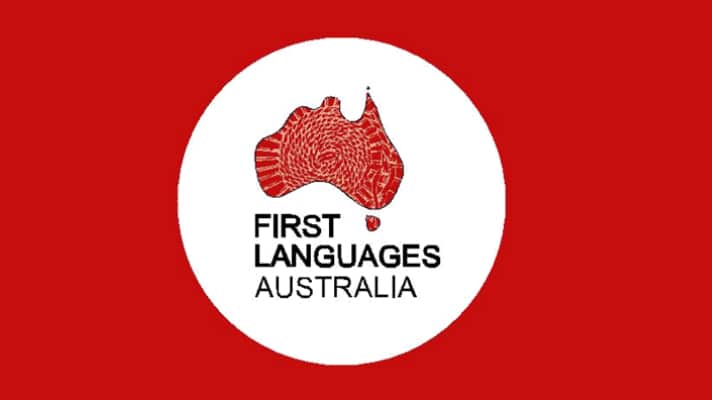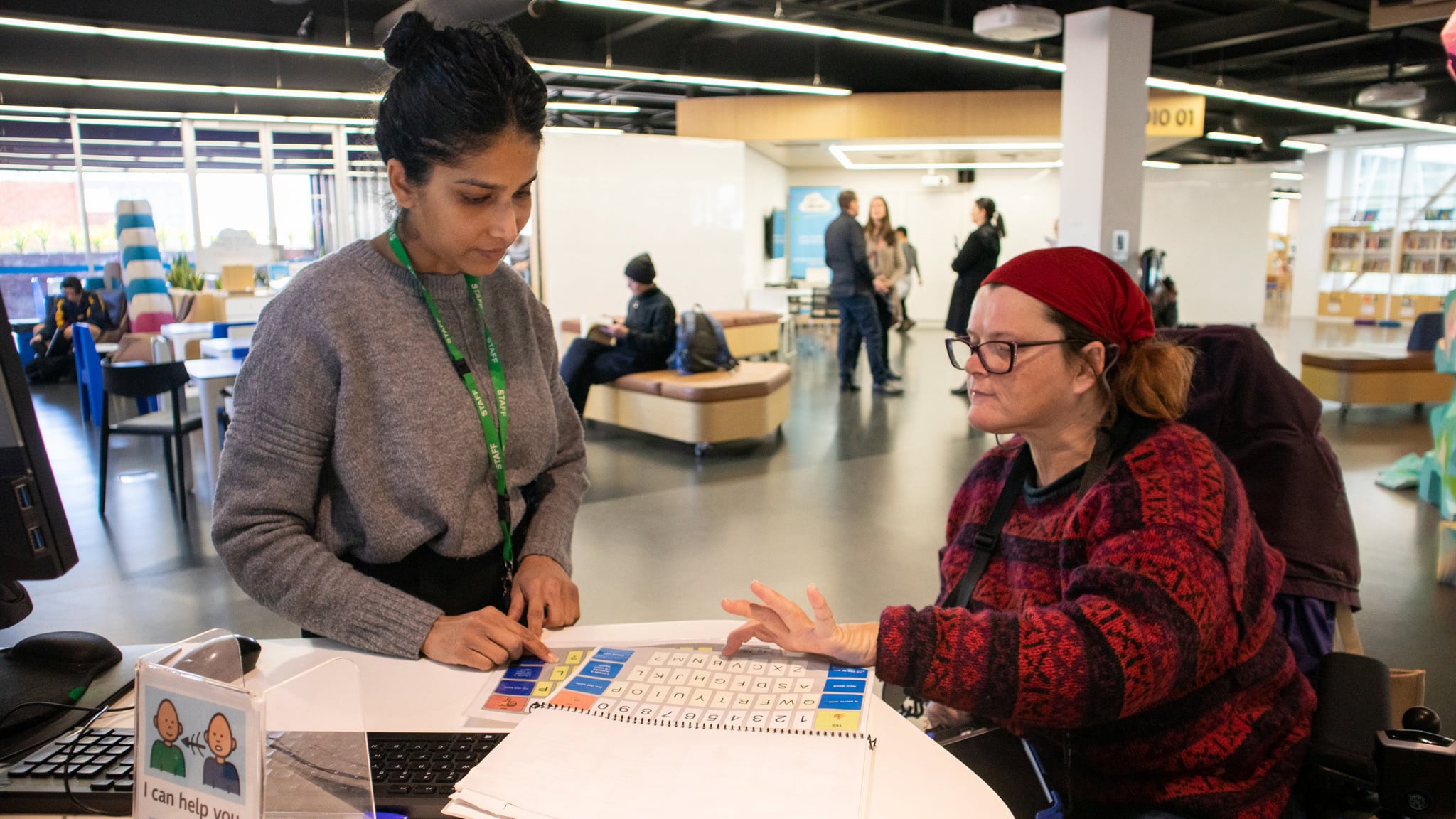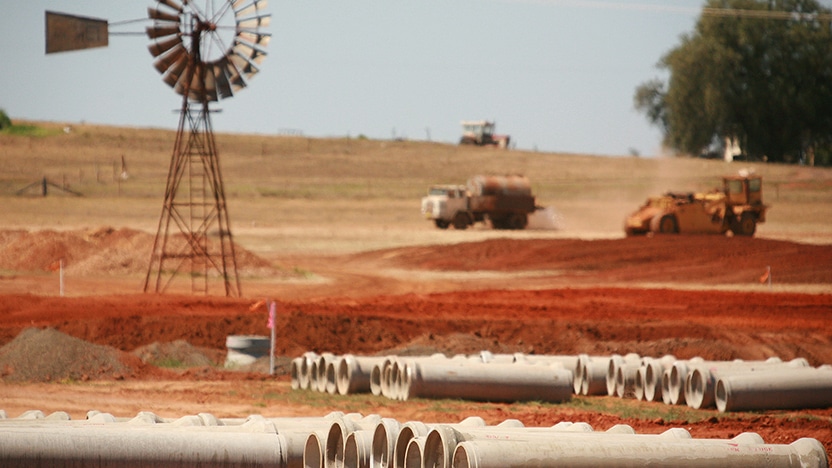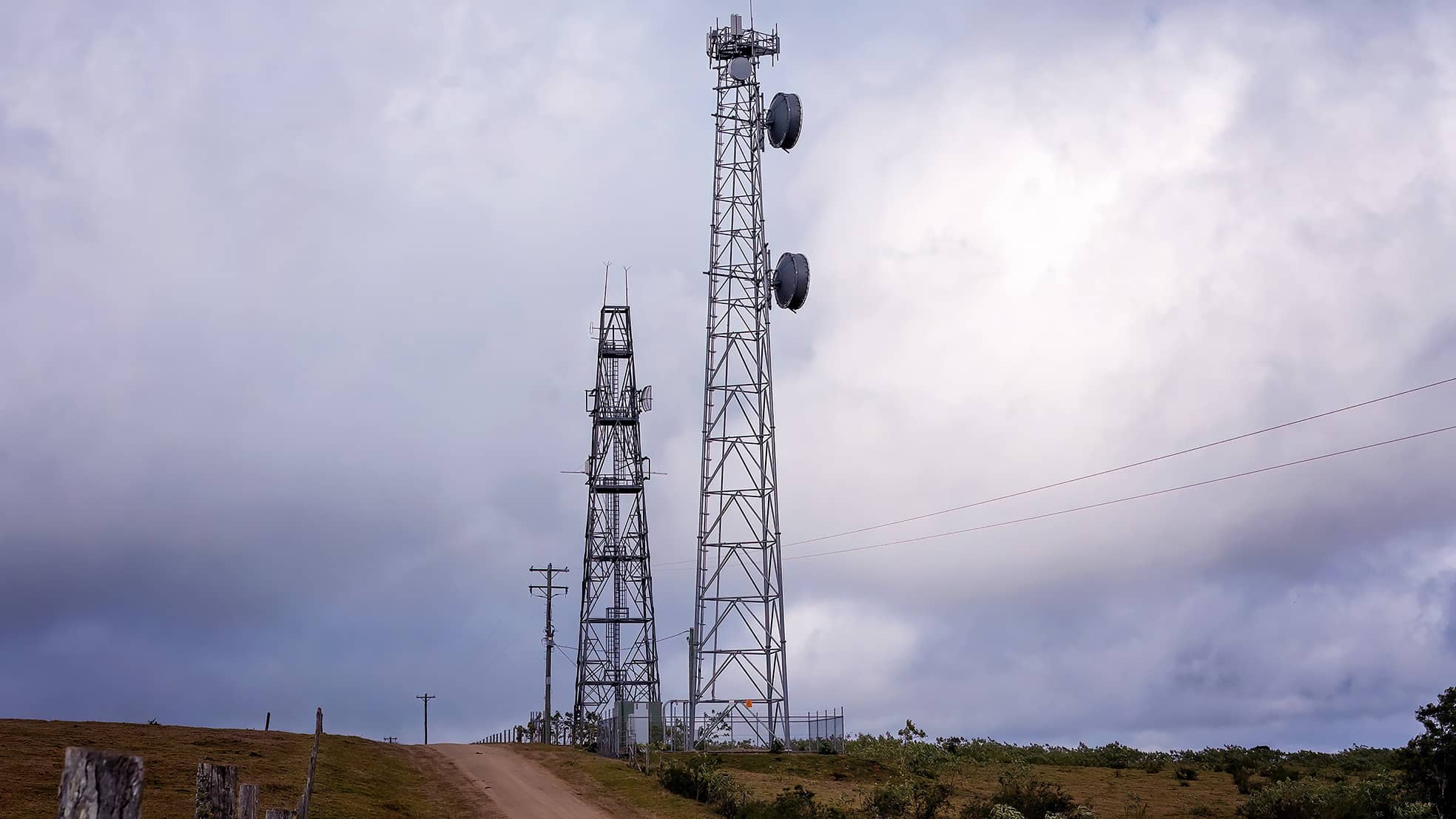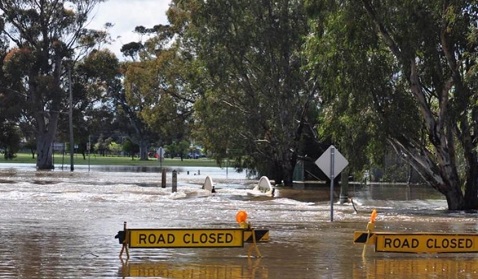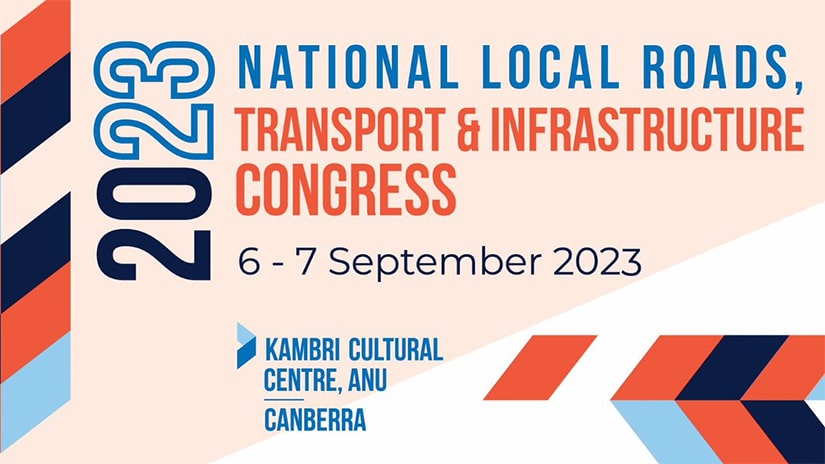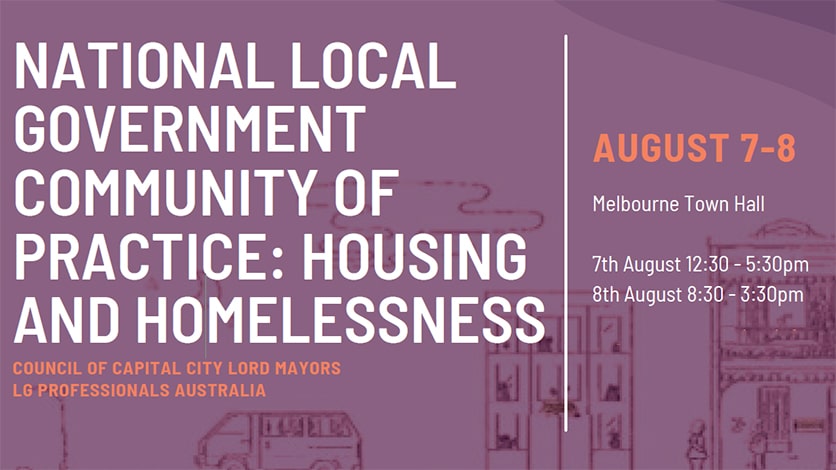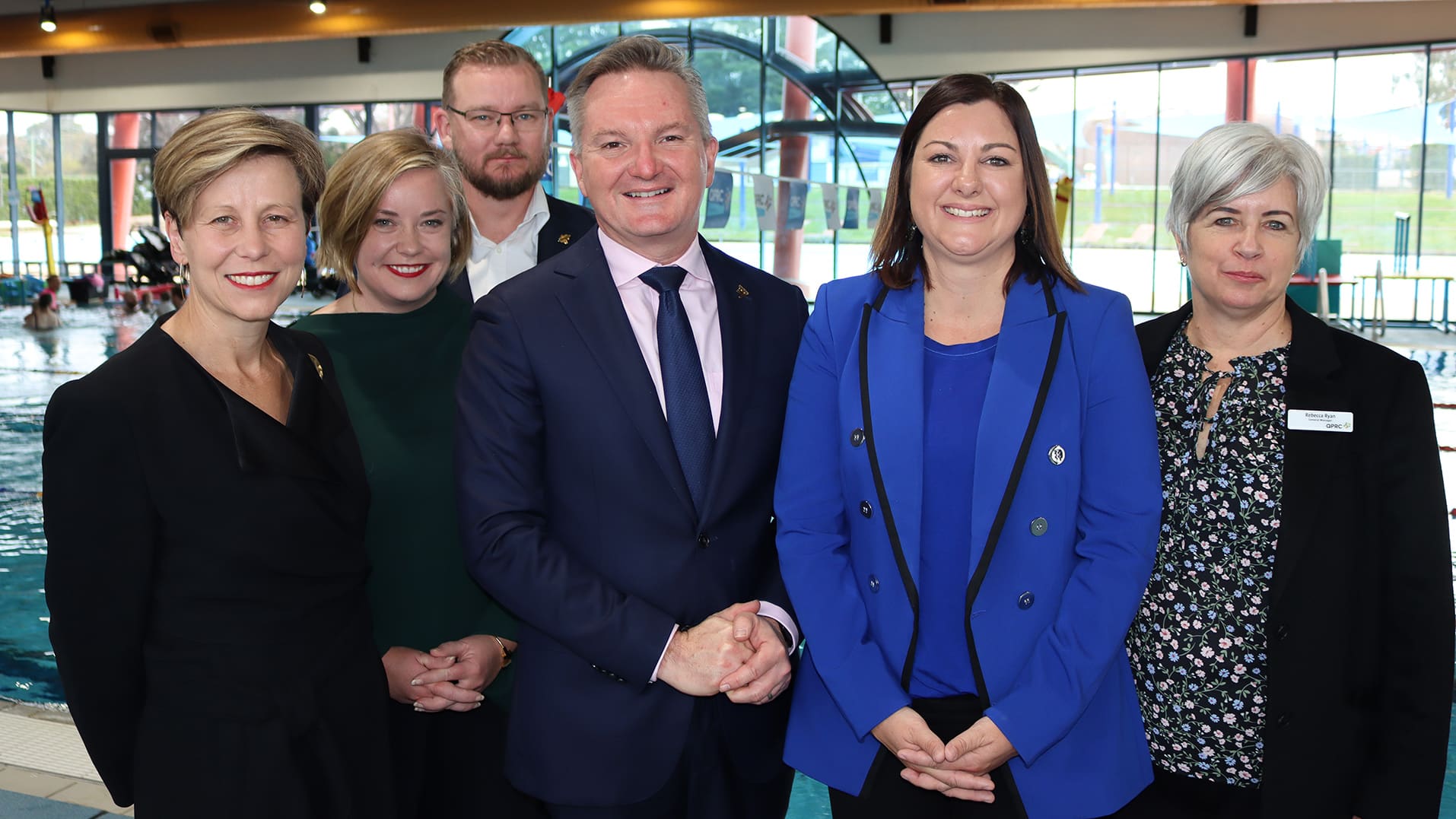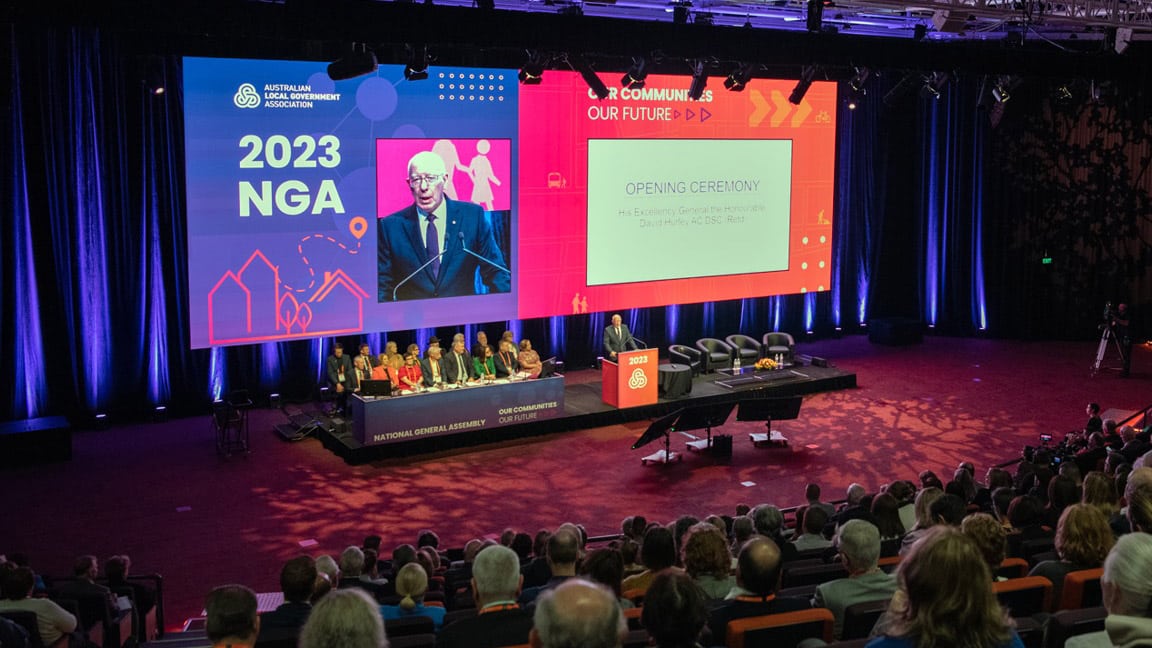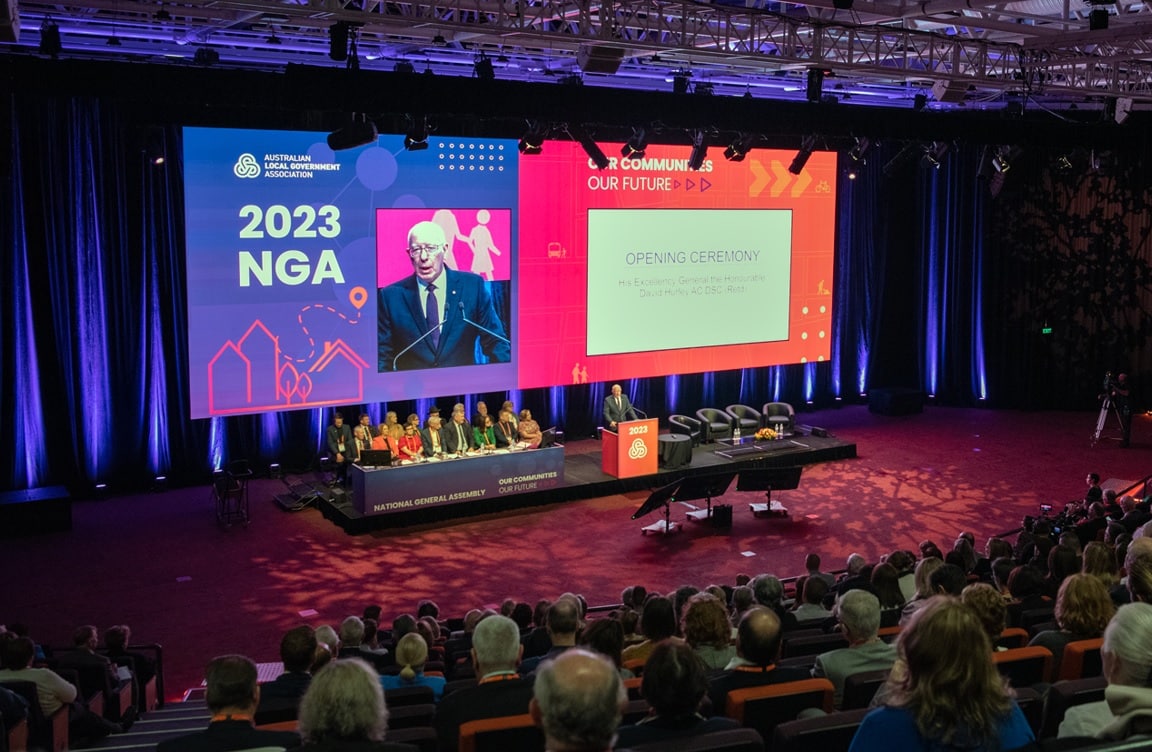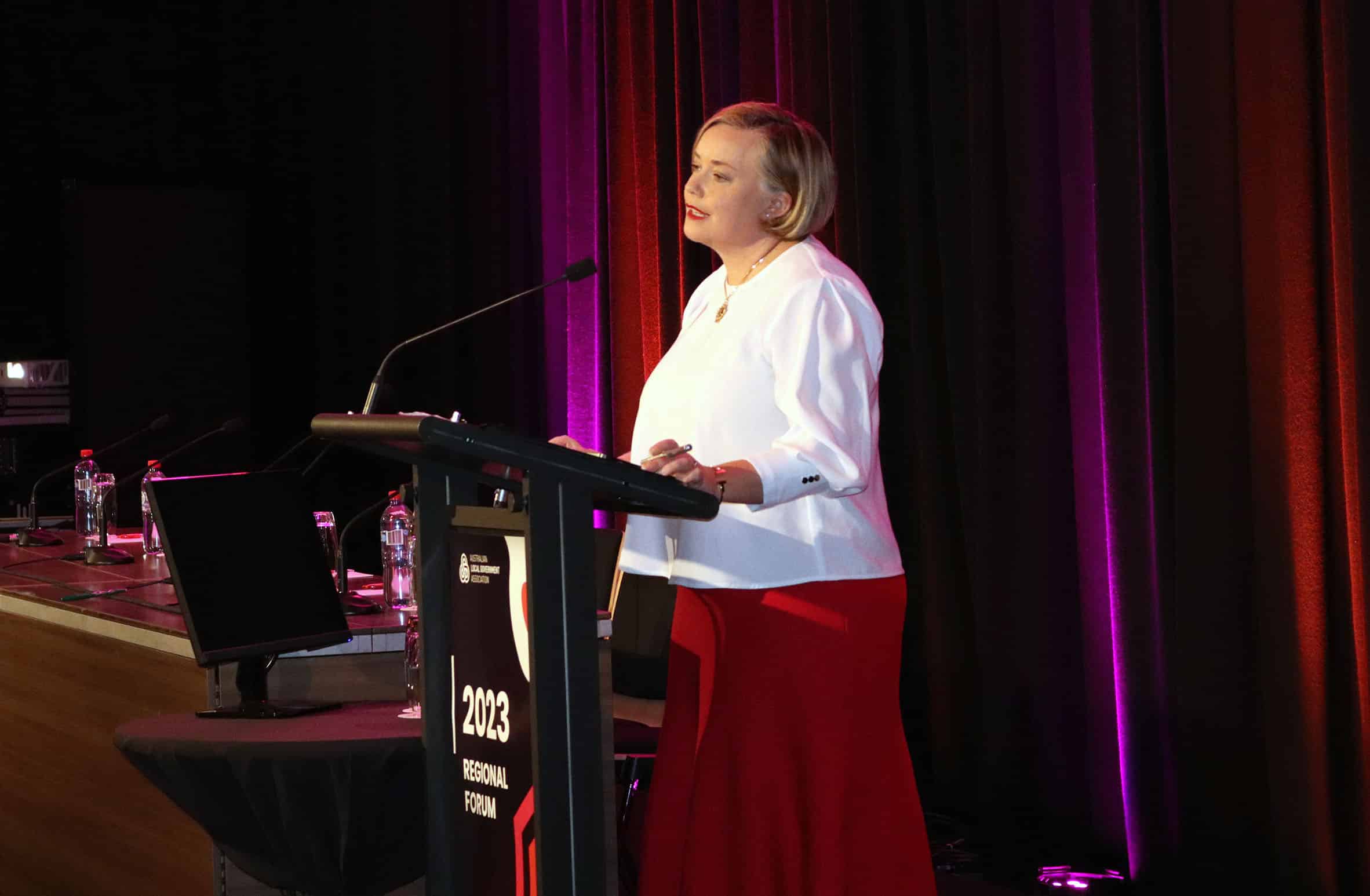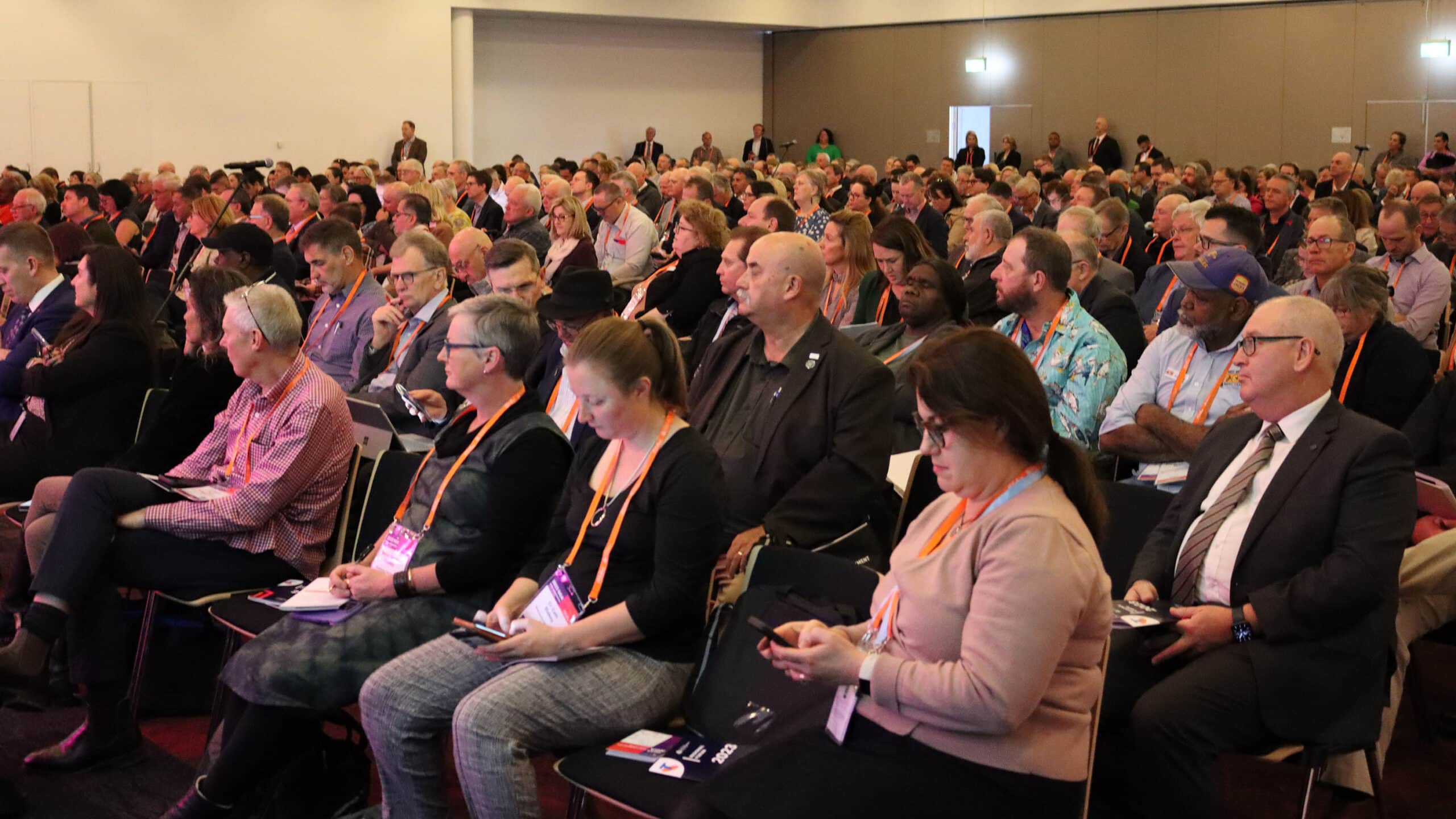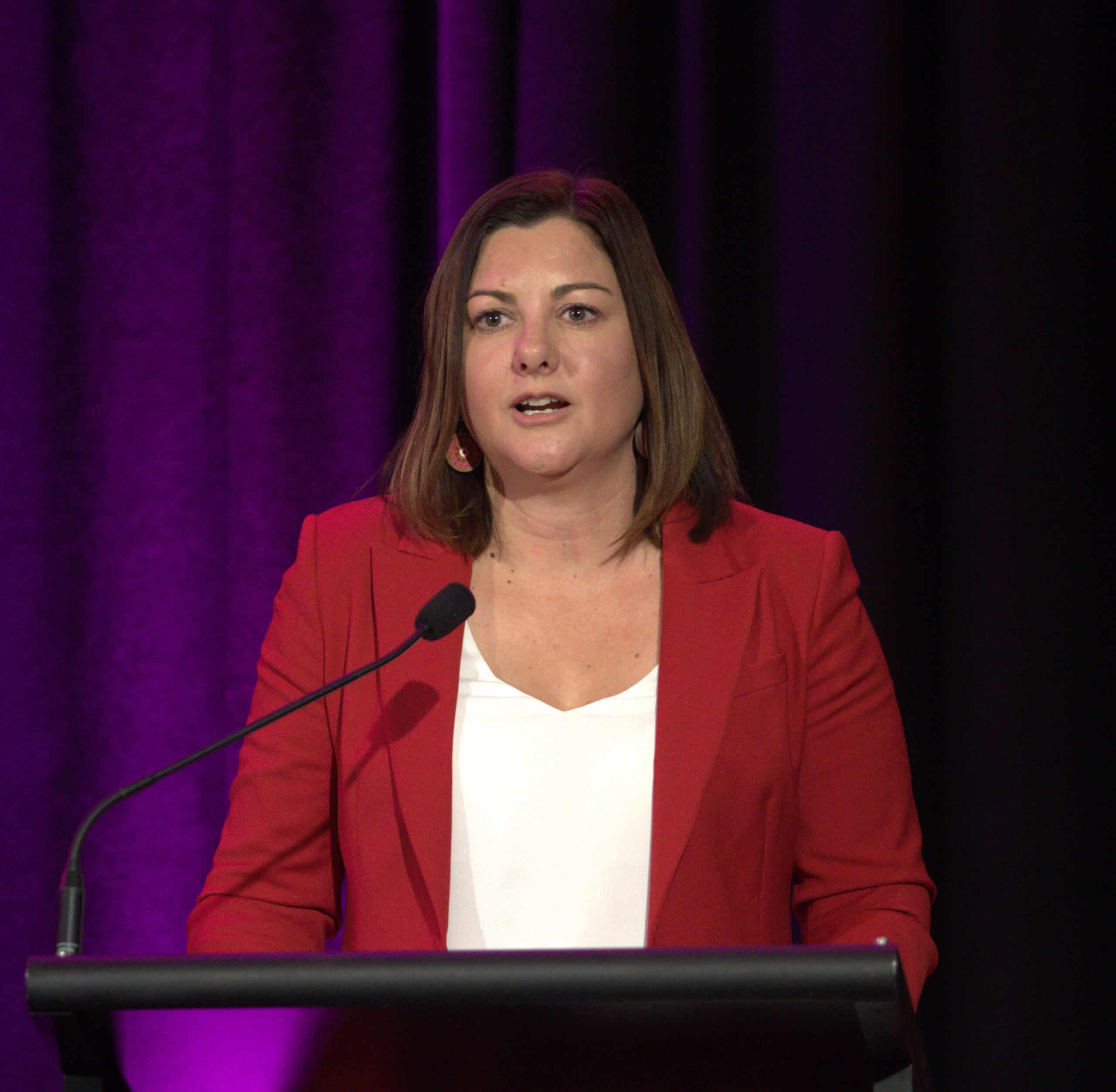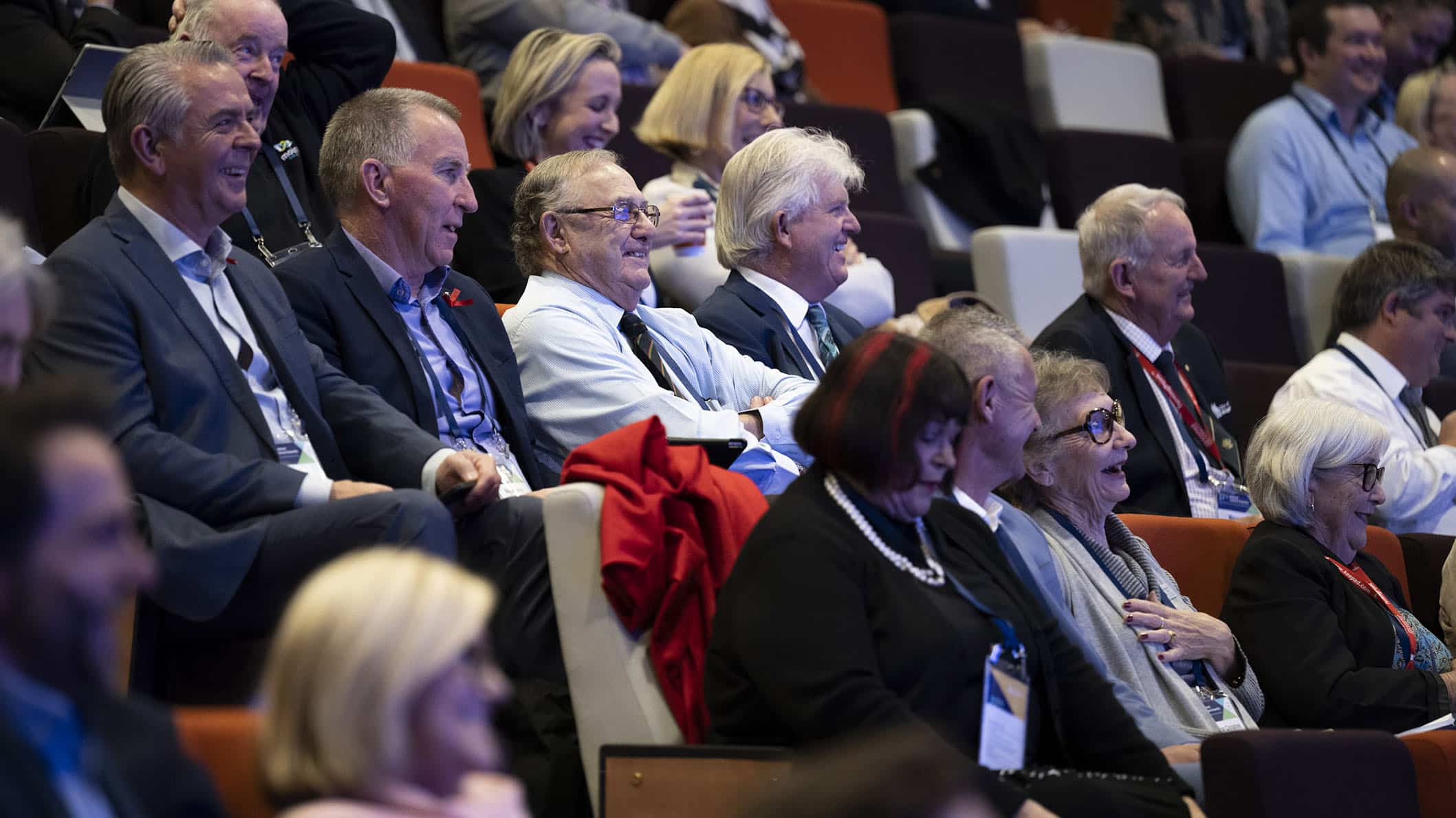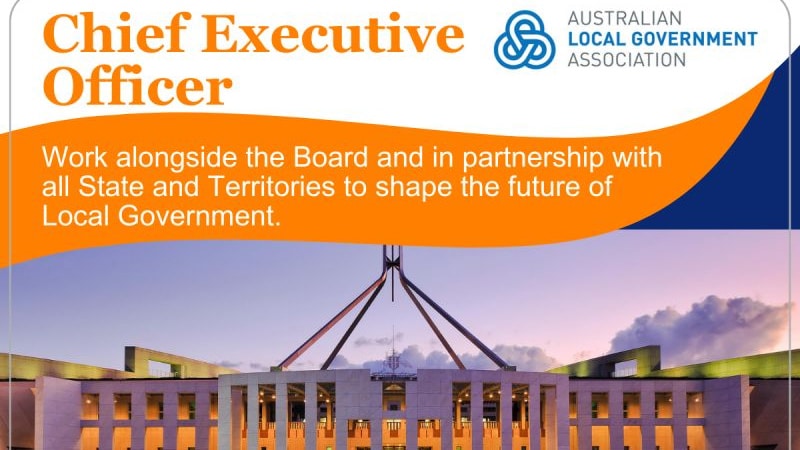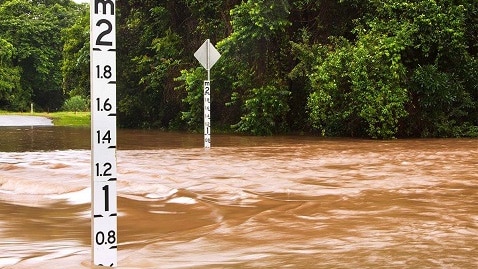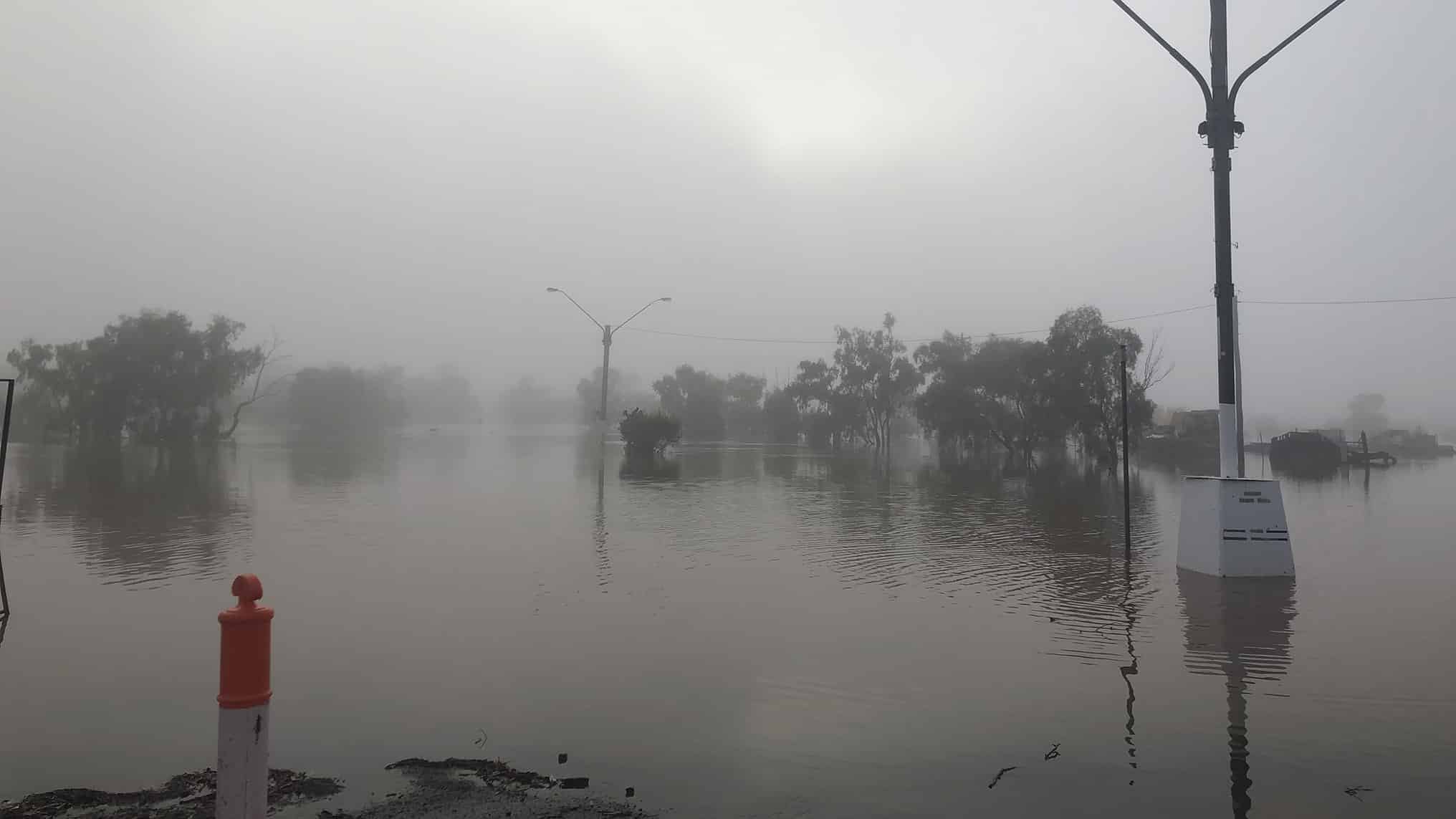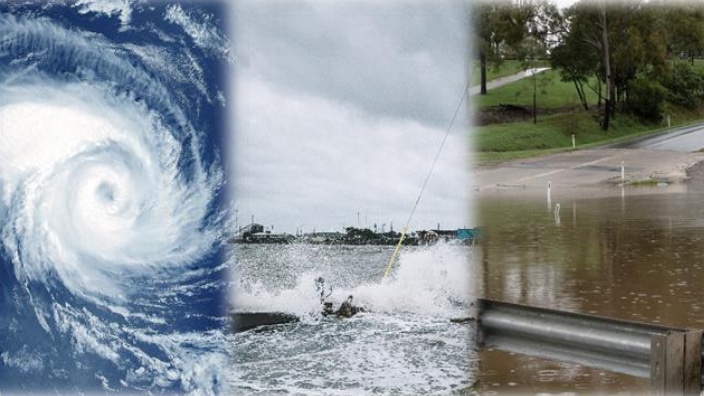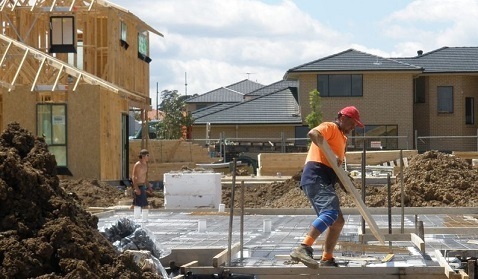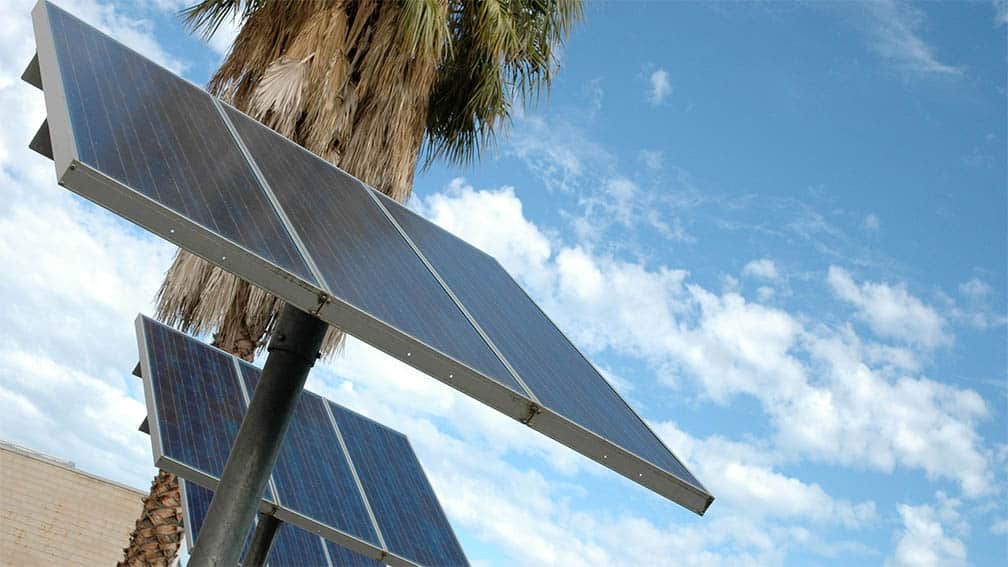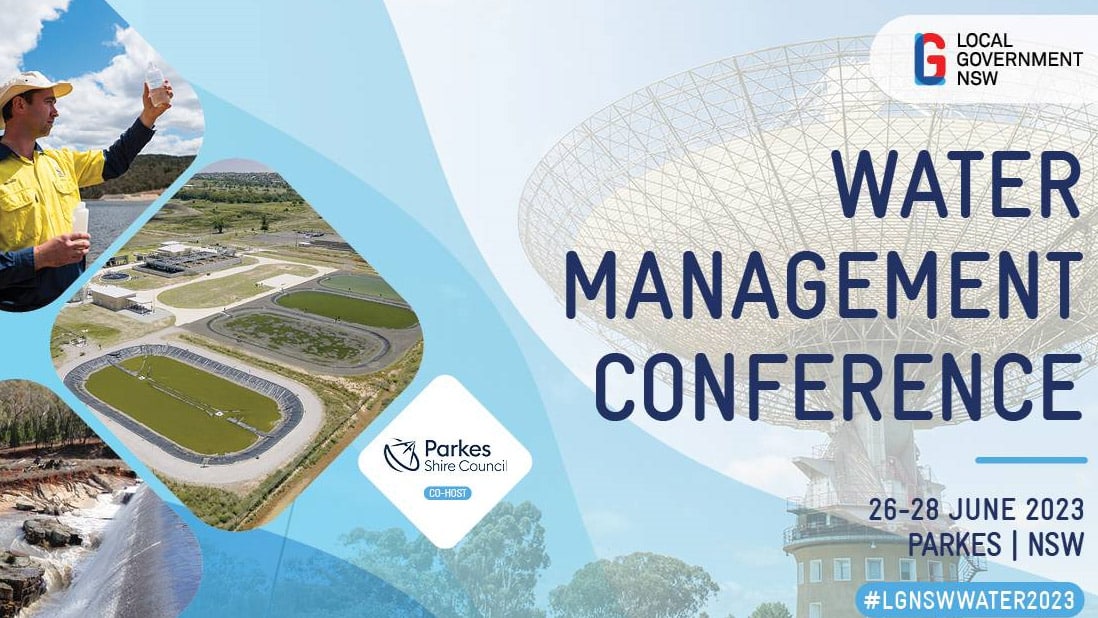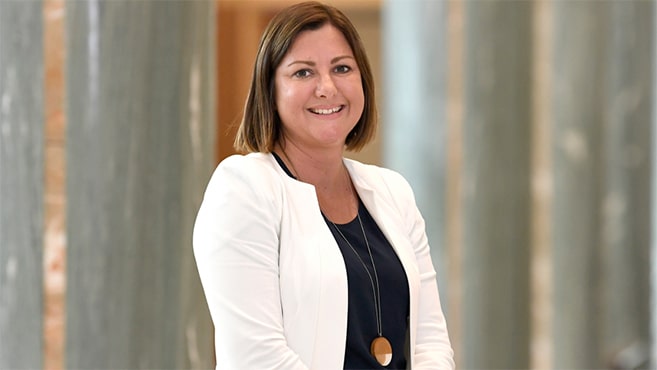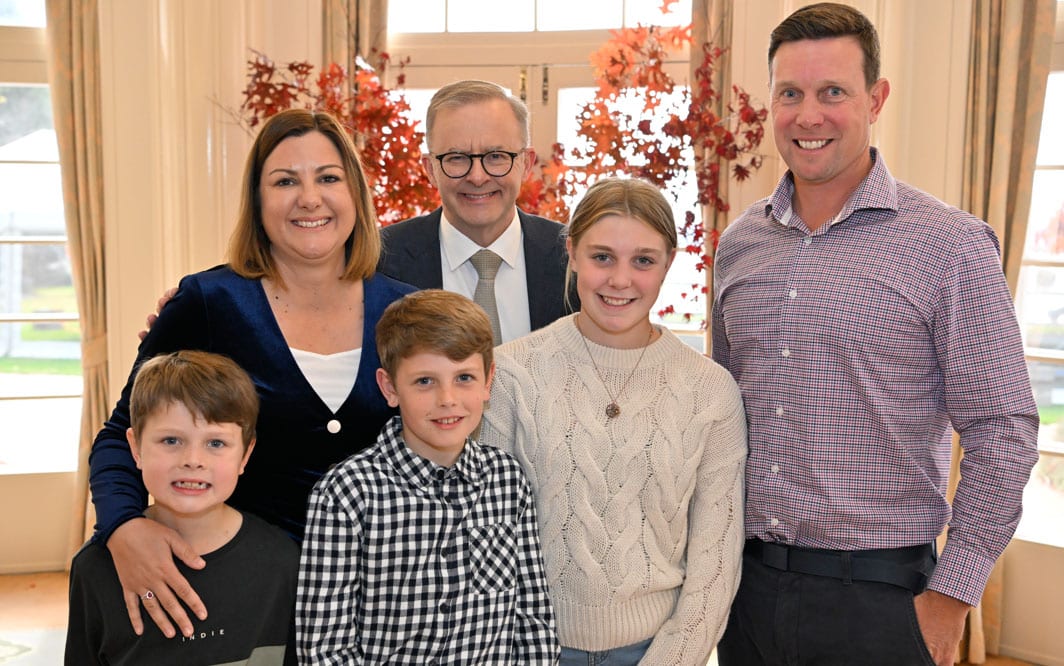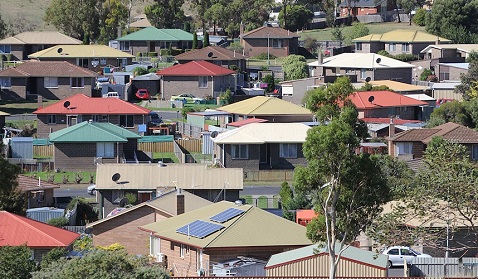National roundtable on land use planning
On behalf of Australia’s councils, I was delighted to attend and speak at an industry roundtable on land use planning last Thursday convened by the Master Builders of Australia, Planning Institute of Australia and Insurance Council of Australia.
At the forum, I highlighted how Australia’s 537 councils play a vital role in building resilient communities, assisting in every corner of the nation to ensure our communities can better prepare for, respond to and recover from increasing natural disasters.
Infrastructure Strategic Review
The Government’s Independent Strategic Review of its $120 billion Infrastructure Investment Pipeline presents challenges and opportunities for councils.
We have closely engaged with the Government on the 90-day phase of this review and ALGA met with the panel on 16 June, which was followed by a roundtable between the panel and member Association CEOs on Thursday 13 July.
As a result, we provided a submission highlighting the ongoing importance of the local government infrastructure sub-programs.
Roads to Recovery, Black Spot, Bridges Renewal and Local Roads and Community Infrastructure Programs all play a vital role improving the safety, productivity and liveability of our regions, towns and cities. We urged the Government not to cut these programs without replacing them with similar funding.
We also highlighted the importance of Financial Assistance Grants in building and maintaining our local infrastructure, and the need to restore this funding to at least one percent of Commonwealth taxation revenue.
National Local Roads, Transport and Infrastructure Congress
Finally, a reminder to register for our National Local Roads, Transport and Infrastructure Congress in Canberra from 6-7 September.
This is an important event as local governments collectively manage around $500 billion of infrastructure for our communities. We will also have the opportunity to speak directly to Federal Ministers and key decision-makers.
The registration brochure is now available and can be downloaded here.
With a theme of “Building communities that are safer, stronger, smarter”, the Congress will cover local infrastructure, including waste and recycling, disaster mitigation and renewable energy as well as road funding and road safety innovations.
I hope you can join me in Canberra in September.




